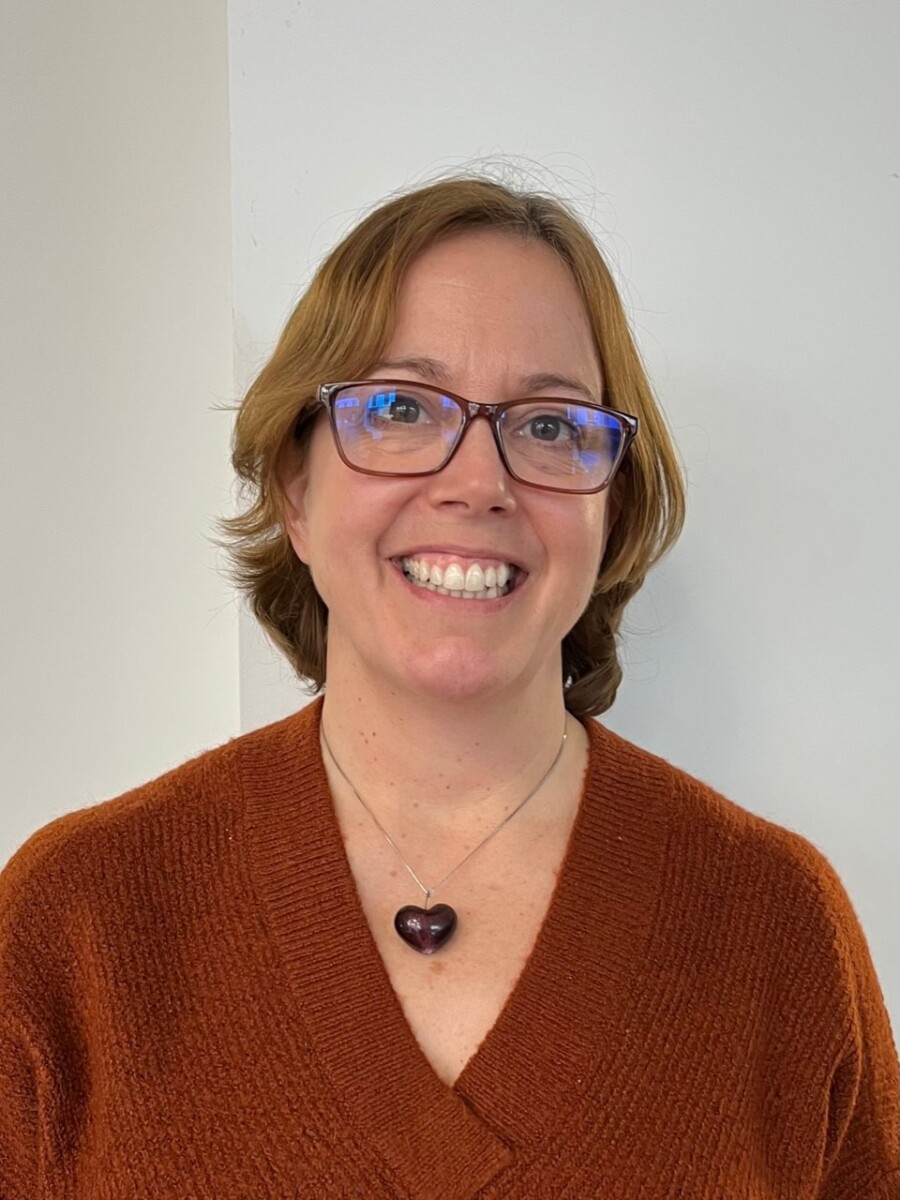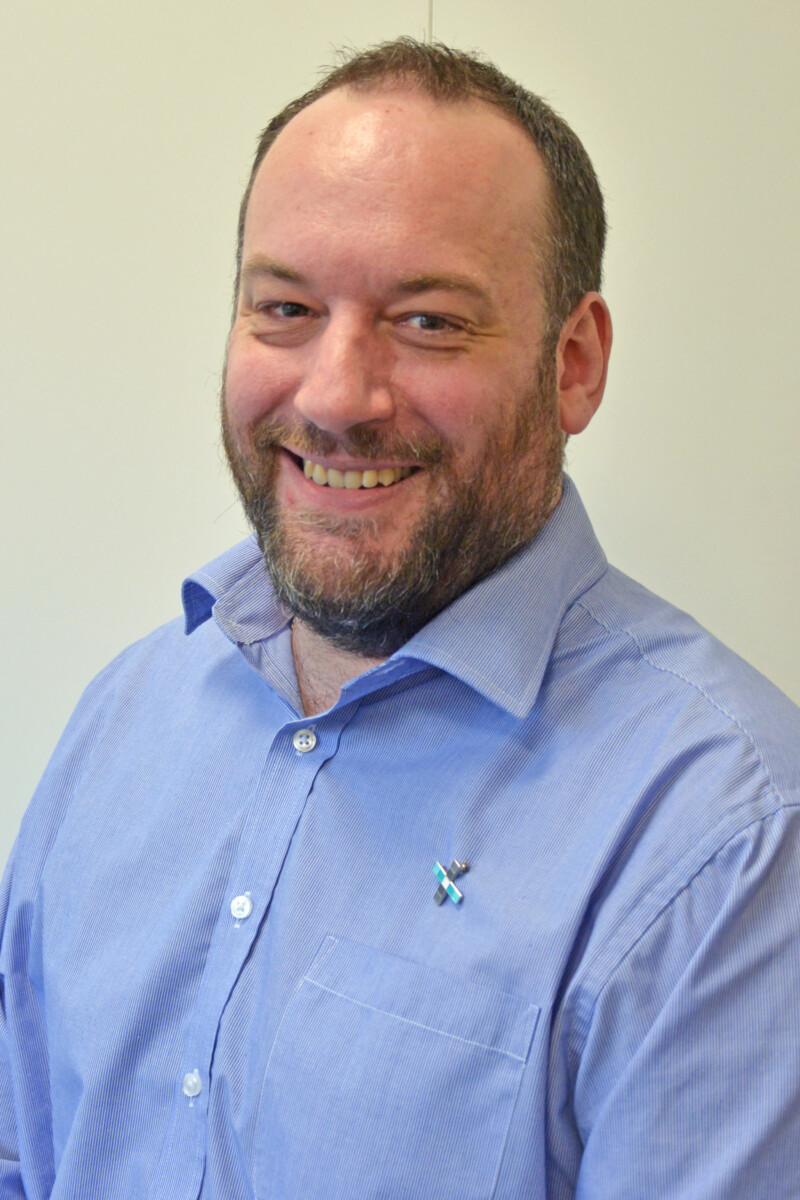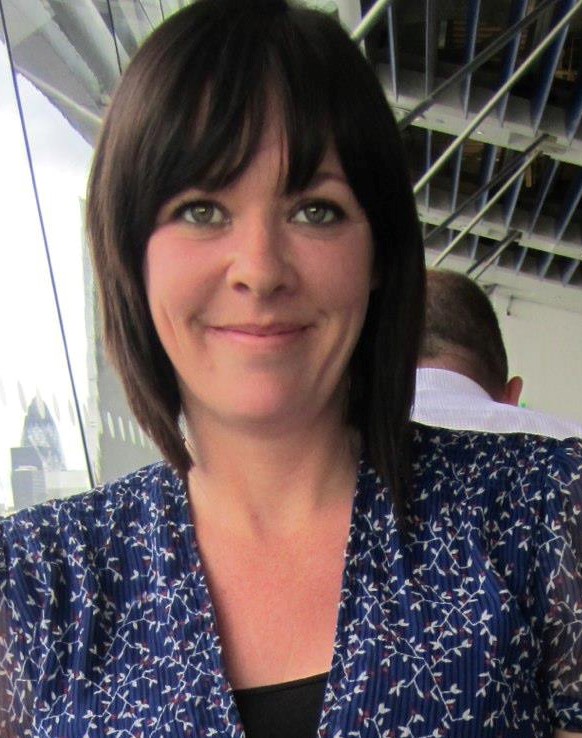Top CRM tips – from charities, for charities

Hearing from others who have been in your position is always useful so here are 6 charity experts sharing their top tips, learned from their own experiences with CRM.

Lisa Williamott, Head of Database and Fundraising Support at The Royal Marsden Cancer Charity
A new system won’t fix poor process – When things don’t work it’s easy to blame the tools at hand, and many organisations decide to purchase a new CRM. However, there could be underlying problems like poor quality or slow data, or systems not communicating effectively with each other. As these won’t simply be fixed with a brand-new system, remember to carry out a proper review of all processes, tools and training to work out what is not working. A process review can save your organisation thousands and, even if you do go on to buy a new CRM, you’ll have more information about what you really need from it.
Invest in people, as well as the systems – Your technology will only ever be as good as the people that set it up and use it, so do everything you can to gain and keep the best people.
Advertisement
Plan for succession – Charities often have small CRM teams, sometimes just one person. Spending time to make sure that all those brilliant solutions they put in place work, and don’t stop working when they leave, is massively worthwhile.

Liz Essex, Data Programme Contractor at Diabetes UK
Build a robust and pragmatic business case which stakeholders and senior management approve. It should also include feasible return on investment (payback within 3-5 years) and benefits realisation.
Include a Proof of Concept in your tender in which stakeholders and the business are involved. This is so you’re not purely relying on a vendor’s slick pre-sales process and carefully selected references. Also ask the vendor who will be dedicated – full-time? – to your project, and about their experience.
Wherever possible, link payments to deliverables and progress milestones. This might be a red line for a vendor who only wishes to work on a Time & Materials basis, but if you don’t ask, you don’t get.
Do not leave data migration to the last few weeks before go-live! Make it a separate workstream and consider its resourcing upfront (inhouse team, contractors, third party suppliers, or a mix of all of these).

Sean Bishop, Head of Supporter Experience, Data & Insight at Sue Ryder
The importance of regular training
I have always been a firm believer that you should have a trainer from the start of a CRM project and beyond. Processes will invariably change or evolve and before long, they’re out of date, staff are following incorrect processes and the quality of data and reporting are impacted as a result.
Working with eLearning tools can help to keep processes in check, but work pressures can get in the way. These factors can’t be helped, but there are ongoing discussions around the effectiveness of eLearning versus face-to-face classroom training sessions.
The importance of customer history
The main purpose of a CRM system is to support teams when engaging with supporters or customers. Without a clear understanding of the history and status of each relationship across an organisation, especially if data is held on separate systems, the ability to exceed customer expectations is severely restricted. This emphasises the need for an optimised CRM system that retains full customer history, avoiding missed opportunities to build supporter loyalty and secure increased financial income.
The importance of data champions
I have found that data champions are needed at all levels to achieve organisational success. Each organisation’s data strategy will help provide purpose, vision and ambition, and these information governance structures will help define roles and responsibilities for data management.
The most pivotal role is that of the staff who manage the data/CRM on a day-to-day basis. It’s imperative that they are supported and invested in. At Sue Ryder, I set up a Data Guardian Group, where ours can meet on a quarterly basis and share best practice relating to all aspects of their roles and responsibilities. Members also meet with their strategic leads quarterly to discuss data quality initiatives, adherence to data retention and any potential risks or issues.
If organisations are looking to protect themselves against the ever-growing and complex privacy, governance and compliance legislations and to ensure processes are efficient and effective, it is crucial resources are a priority and all relevant training made mandatory.

Symon Russell, Director of Individual Giving, at Air Ambulance Charity Kent Surrey Sussex (KSS)
Here at Air Ambulance Charity Kent Surrey Sussex (KSS) we are dedicated to taking an evidence-based approach to fundraising. We use what we know about our supporters and how they’ve responded to our previous campaigns to inform our decision making and fundraising strategy. Your CRM and making sure you’re recording communications and responses in a consistent way is the first step in the journey towards this approach.
You don’t necessarily need to spend a lot of money investing in the latest software or analytics package. If you’re at the start of your journey with data, then making the most of the software that is already available to you is a good place to start. If the data in your CRM is organised appropriately you can do a lot to analyse and present it just using standard Office applications.
If you’re further along your data maturity journey, especially if you’re looking to invest in a technology solution, it’s important to remember that any piece of software or CRM is just a tool. It may help you find the insights that you’re looking for but by itself it’s unlikely to provide the answers to your questions. You will need people with the appropriate skills to make the most of its potential. Investing in people to make sure everyone is comfortable working with the data and using it as part of their decision making is crucial.
Lastly, it’s important to make sure a lack of data or insight doesn’t prevent you making decisions. Like many other charities during the pandemic at KSS we had to adapt our plans which meant being innovative and trying things we’d never done before. Sometimes you need to use the insights you have, even if they’re limited, to make the best decision you can.

Helen Clements, Head of CX at The Brain Tumour Charity
Collaboration – It’s vitally important that everyone in an organisation is pulling in the same direction when it comes to implementing, using and optimising a CRM. If a system is implemented by just the technical team and doesn’t fully involve and reflect the needs of the fundraisers/marketers then it’s destined for failure and vice versa. To be a truly successful CRM system, everyone in a charity needs to feel ownership of it and be able to use it to empower everything they do.
Single Source of Truth (SST) – Whilst there’s lots of discussion around whether or not your CRM should be your single source of truth (or your data warehouse or data lake should be) it’s still really important to have a set-up with as simple and visible data flow as possible. For many of us this means putting our CRM at the centre of it and if not technically the SST, then at least the one place where the data can be relied upon to be consistent, reliable and as complete as possible.
Plan Ahead – Whilst you may not need a specific piece of data or field now, it may become vital in the future. It can take years to build up the data you need, so think about what marketing or fundraising you might want to do in three-five years – what are your aspirations? How will your organisation grow? What data might you need to truly personalise and theme communications within journeys and automations? Plan out how you’ll collect and store this data – and make sure your CRM system has the flexibility to grow with you as your needs change.
Don’t let data collection override CX – How many of us have visited a new website, wanted to find out more and started to fill out a form only to stop half way through because it’s too long or asking for information we deem irrelevant? Whilst collecting data is really important, collecting the right data at the right time is even more important. Collect only the data you need to maintain and grow the relationship in that moment – and then collect more as part of the relationship building.
Accessible and Visible – It’s really important that the data within a CRM is accessible and useable. Non-technical people need to be able to get into it and answer the questions they have, without completing multiple complex steps. Data visualisations are key in turning the data in your CRM into actionable insights that can help drive the performance of your teams. These can be built in or be linked to your CRM – but if you don’t have technical people who can set-up and maintain complex dashboards and visualisations then usability at all stages needs to be a key decision-making factor when deciding on your system.

Claire Kidd, Head of Individual Giving and Community at Martlets
A good CRM means you can move from a transactional fundraising model to one that places the supporter at the heart of everything you do. Having insight and understanding of our supporters’ motivations to support our cause means we can interact with them in a way that is right for them and make sure they have a meaningful relationship with the cause that lasts for many years. Having recently just changed CRMs here are a few things I would recommend.
Keep a clear eye on the future – Understand where you want to be in 5 and 10 years and make sure your CRM can grow with your strategy. Make sure your CRM can keep up, if a 3-year strategic objective is to deliver automated supporter experiences then your CRM needs to be capable of this.
Do your research & use it – If you’re thinking it’s time for a change then research a minimum of three suppliers and speak to current users. Find a charity that delivers similar activities to you and ask what their system is like, the pros and cons, what the changeover was like, and what they wish they had done differently. Use this information to inform your decision so you can be really confident you have chosen the right CRM, and that will show in your business plan.
Time, Time, Time – if you think a CRM changeover project will take 6 months, plan for 12, if you think it will be 12 months plan for 18… Factor in the sign off time (3 months) for Trustees – changing CRM is a significant investment for a charity and your Leadership Team and Trustees will have lots of questions so they can be confident in your choice before signing off. Factor in about 6 months for any data mapping and conversion and about 3 months of training time.
End things well – If you are leaving be upfront with your current supplier – they have got you to where you are now and although they may not be the right supplier for the future you may need a relationship with them down the road. Make sure they know dates for conversion and data downloads and absolutely make sure you have at least 2 months crossover time with both CRMs running to ensure you have everything you need.
Take your time – When you get your new CRM remember you don’t need to know everything in week 1, month 1 or even year 1. The first step is using the system, doing the basics, getting comfortable, then you might want to understand how your reporting can improve or which elements you can move away from being manual… Map out over a 12-month period the points where you want to start using the new functionality, bit by bit. Remind everyone that it will take time to become comfortable with new terminology and processes, but that it will become second nature.




